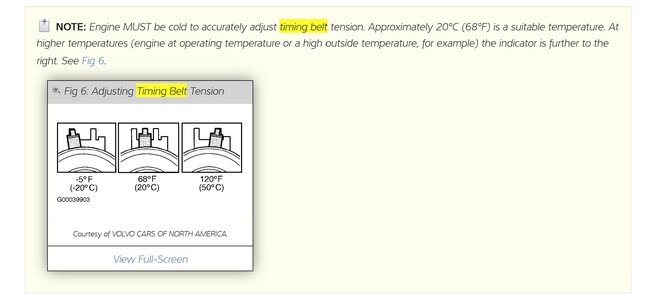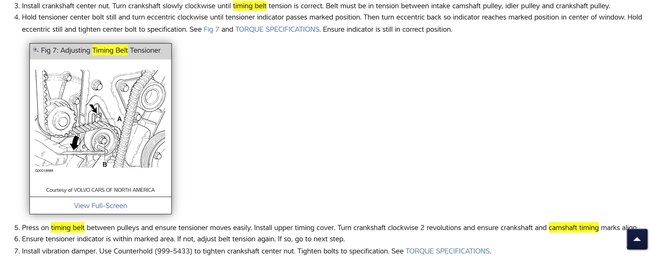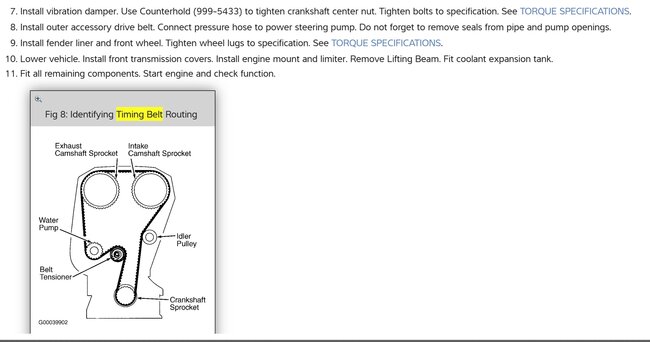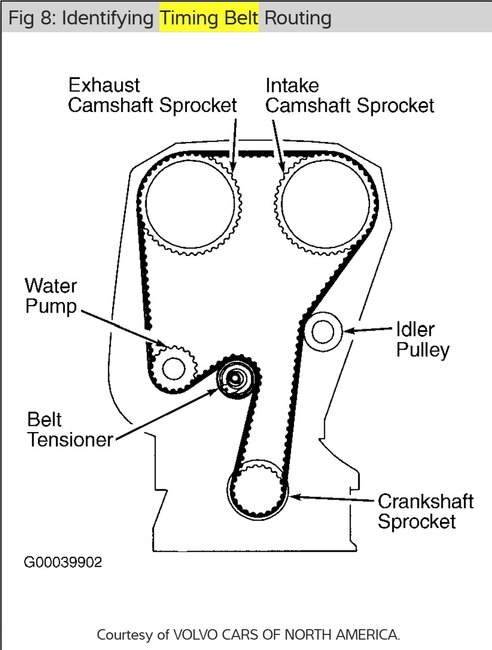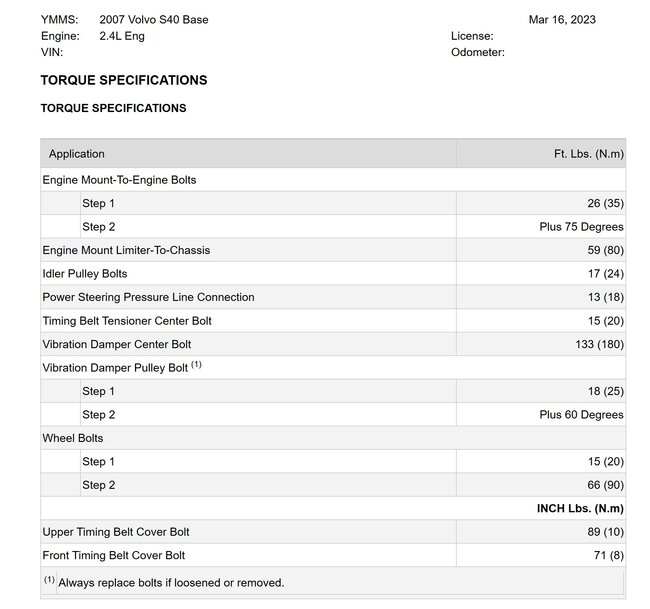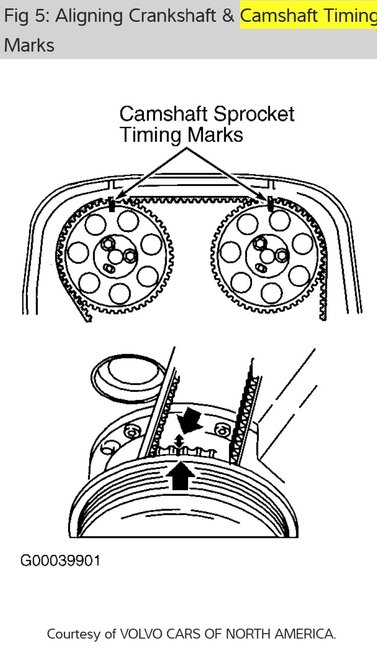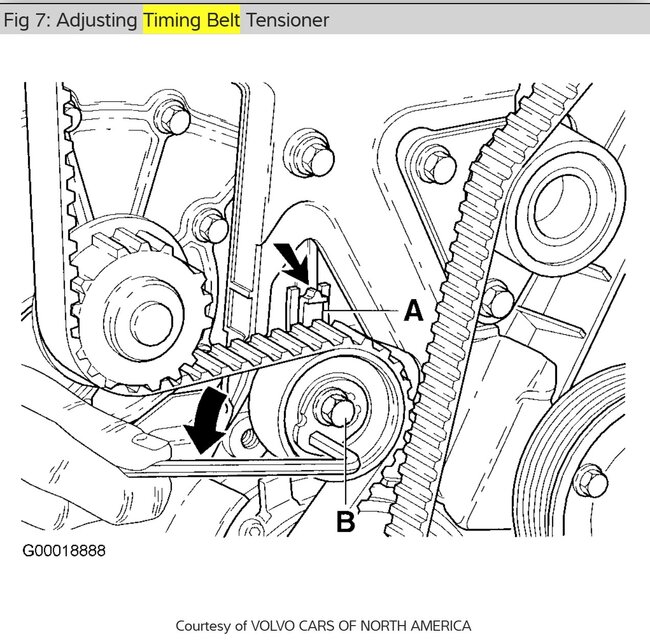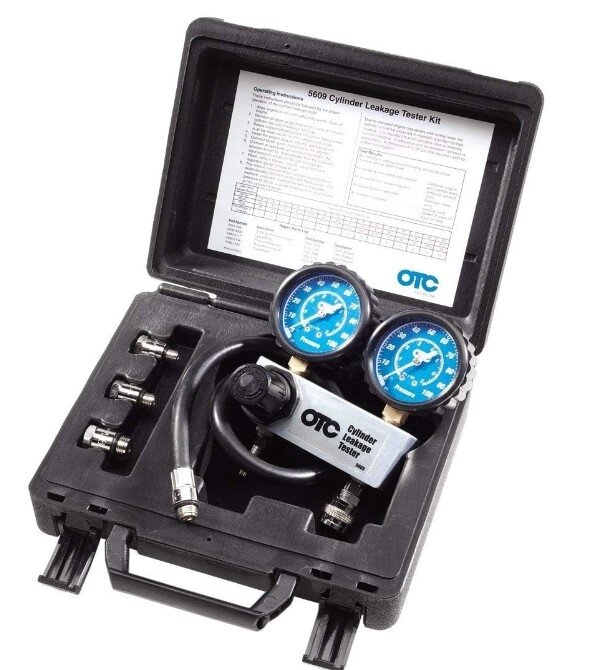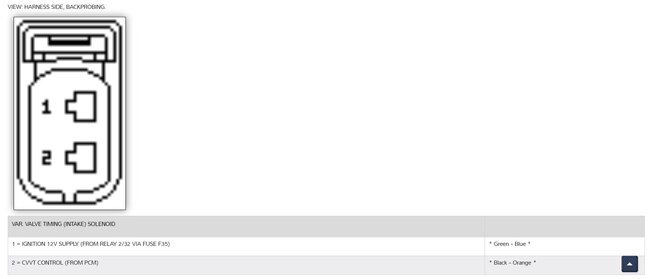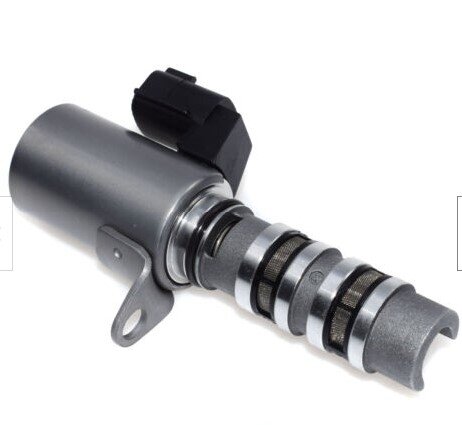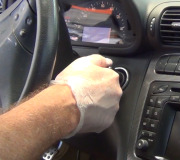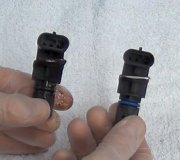Good morning, BAYNH,
The PCV can ruin seals and gaskets so that can be a possibility. To test it you can remove it and shake it. You should hear it rattle, if you don't then it's bad. In my opinion if you haven't replaced it or it's been a long time, I would just replace it. They are not expensive. It could have caused the oil leak that you had.
My information is telling me 3502-Missfire, Emission Effect. So basically, a P0300 or can point to a specific cylinder as well like a P0302. So, one or more of the cylinders is misfiring.
Your compression seems extremely low but it's consistent across all cylinders. I am finding spec around 180 range. So, something is affecting each cylinder in the exact way.
To me that points to a valve being open and causing you to lose compression because of the results you got.
What is the condition of the compression tester?
When you did the compression test did you hold the pedal to the floor? This needs to be done to ensure the engine is getting the best air flow possible.
Also, how many times did you rotate the engine during the test? Looks like Volvo is recommending 6-7 times.
I would re-run the test to confirm your findings are accurate. A MAP or MAF wouldn't cause compression to be low. So, I think we should find out why compression is low and go from there before we start speculating and doing unnecessary testing. This is considered a "dry" test. Complete this test and record your findings.
*Note leave the compression tester on and see if it is bleeding off at all before continuing to the next cylinder*
If compression is still low conduct the same test in the exact same manner but this time put a couple of teaspoons of oil in the cylinder to see if it changes. This is referred to as a "wet" test. If compression does change this points to bad rings. If not it's the valves.
Volvo also recommends performing the compression test with engine warm. I would do both cold and warm and match up your results and see if anything has changed.
**This engine is an interference motor meaning the valve and pistons paths interfere or cross each other. Be careful while performing these tests especially if we have a timing issue as engine damage may occur. **
In this case you should put each cylinder at TDC on the compression stroke and put compressed air into the cylinder and listen to the intake to see if is coming through there if not try to listen and see if it is coming from the exhaust. This is referred to as a leak down test. There is a tester you can get to help perform this test. I will add an image for you of this tester. The brand OTC is a good, decently priced brand that I recommend.
Here is the link:
https://www.amazon.com/OTC-5609-Cylinder-Leakage-Tester/dp/B0030EVL60/ref=asc_df_B0030EVL60?tag=bingshoppinga-20&linkCode=df0&hvadid=79920806880888&hvnetw=o&hvqmt=e&hvbmt=be&hvdev=c&hvlocint=&hvlocphy=&hvtargid=pla-4583520382784329&psc=1
Looks like there is a Variable Valve Timing solenoid on the intake side under the top timing cover. I suspect you might hear the air through the intake. But let's see.
See if you can test the resistance of this solenoid as well. I am sending the test over to you.
Also, what was going on that made you decide you needed to change the belt?
Was it because of mileage or where you having drivability issues or any codes? Rough idle? Poor performance? Anything at all will help aid in diagnosis.
Also, I don't have a lot of information for your vehicle. Could you please send me your entire 17-digit VIN so I will have access to more accurate information?
I know this is a lot of information but just work through it step by step.
Please try all these tests with the steps provided so that I can help you pinpoint the cause of the low compression. Without the proper compression the engine, as I am sure you are aware of, will cause the 3502 code, a misfire.
Then we can move on from there.
Thank you,
Brendon
2CarPros
Images (Click to make bigger)
Friday, March 24th, 2023 AT 8:50 AM

